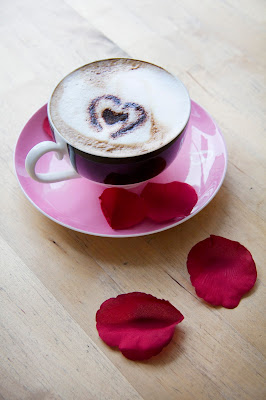For years afterwards, I sent this friend a Mother’s Day card to
thank her for that night. She was always surprised and touched.
 |
| Happy Mother, Happy Children at Beatons Chester Event |
The habit has
continued but with different recipients. It expands my Mothering Sunday into something a little bigger, a
little more inclusive and a little less predictable. It gives the day wider
arms. Yes, my mum gets her Mother’s Day Card – and perhaps a little book to
delight her eyes. And – if my father and I can persuade her not to be ‘up and
out’ with all the joy of a gazelle who doesn’t count her eighty−something years
– she’ll enjoy breakfast in bed too. But
someone, somewhere else, will also receive a card to thank them for mothering
me at some point during the year. Or maybe it’ll be a card to a friend who’s recently lost their mum, or to a single parent dad who’s also mum to his kids…
Maybe it’ll give you
an idea to do something similar?
I never get any cards
myself, but this year I do feel more like a ‘real’ mum. Because I have acquired
a huge winged family. They currently comprise: a charm of twenty−four gold
finches; innumerable tits – from ‘Feisty’ (a tiny wizened blue tit) to Tweedle−dum
and Tweedle-dee who never feed without each other; two robins (constantly
bickering); a pied wagtail; a nuthatch; a pair of chaffinches; a young thrush; a family of blackbirds and an occasional dunnock. Oh yes, and the little vole who
helps eat up the crumbs!
There are also other
children. They, too, are wild and not designed to be tamed − my creative
projects which respond best to being held close, nested in a clear framework to
keeps them as safe as possible yet with maximum freedom to fly.
 |
| Story-telling in Nature |
I try to be a good
mother to them. This wonderful observation by Hannah Rachel Bell observing the
life of a new-born baby of the Ngarinyin people of Australia reminds me, ‘Touch, smell, the rhythm
of the heartbeat, and breathing are considered ‘food’ as necessary for survival
as mother’s milk. Through these functions, the baby is attuned to its own
humanity, and the rhythm or resonance of its group and culture.*’ As with real children, closeness is critical.
My project ‘children’
do not honour Mother’s Day. But once they have found their voice and place in
the world they occasionally prompt admiration. Then comes the shy blush of
delight of a mother who knows that, once seeded, motherhood is inevitable and the
sweet pause of acknowledging the creative force which births EVERYTHING.
Every mum, like every
child, is special. This month we raise a glass of Prosecco to everyone who’s
felt the joy of ‘mothering’ – whether its to the birds, a creative project or a
brood of demanding children! Call into your nearest Beatons to find out how you can enjoy a glass of Prosecco with your mum when you book Afternoon Tea.
Happy Mother’s Day!
Liz Darcy Jones
House Poet
*Quoted in ‘Kith, The
Riddle of the Childscape’ by Jay Griffiths, Penguin



